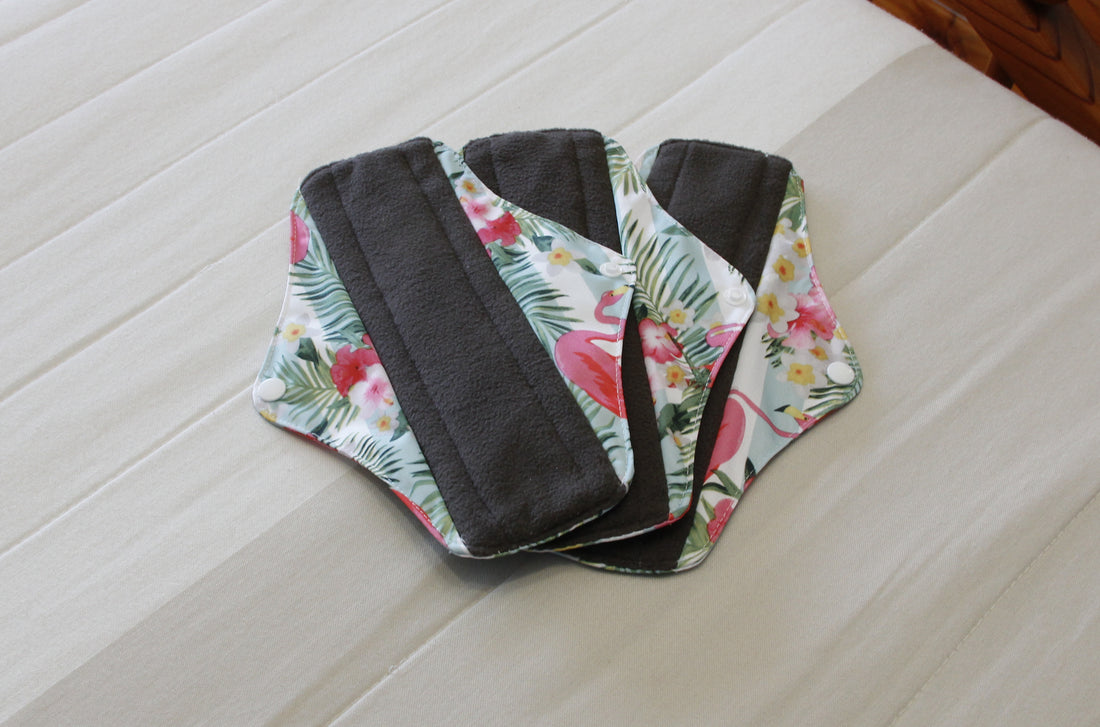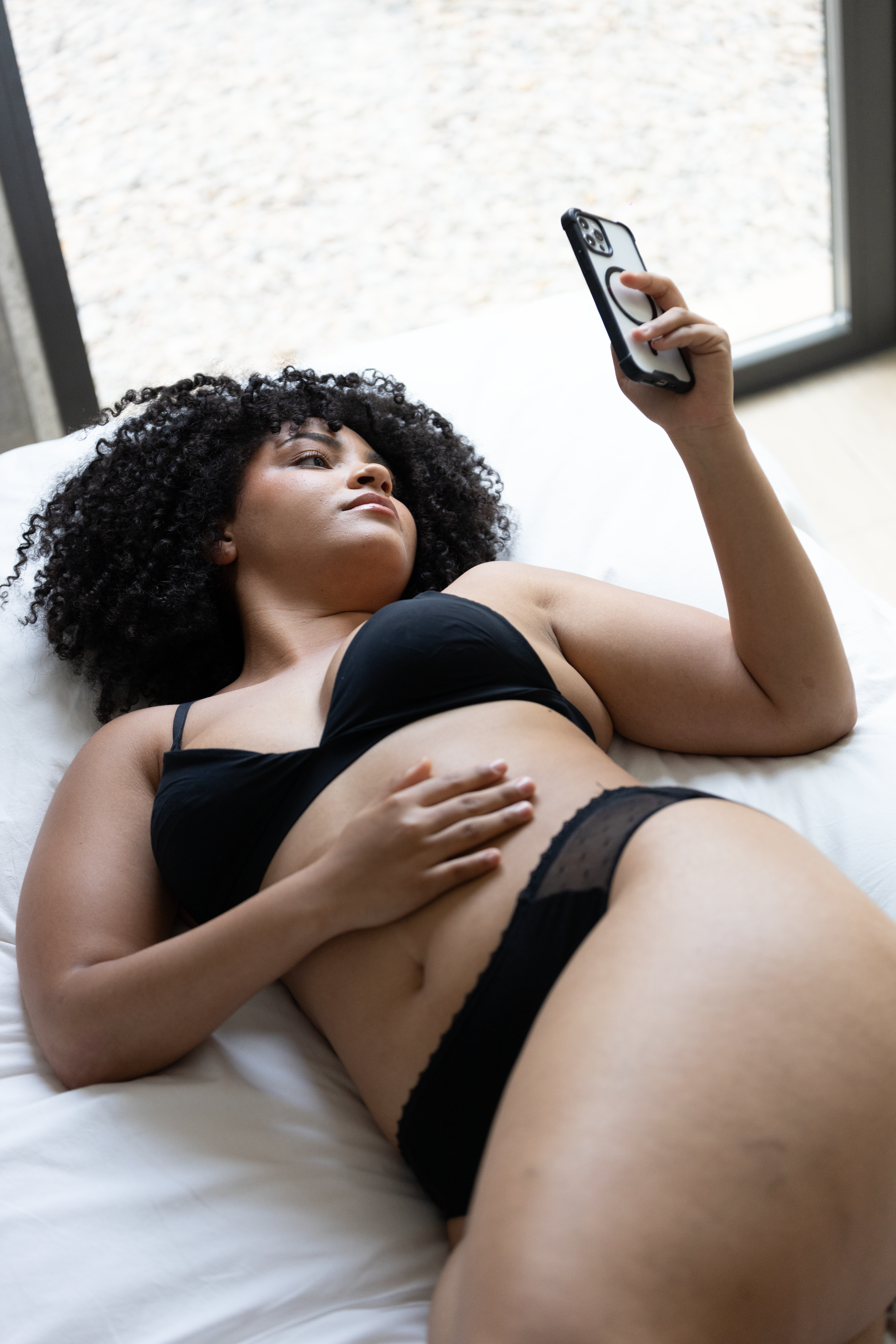
Allergy to sanitary pads: safe and effective alternatives to avoid the problem
Feminine hygiene is essential to the well-being of all women, but in some cases, an unexpected concern may arise: allergy to sanitary pads. Although uncommon, some women may experience irritation, itching or other adverse reactions due to the use of traditional pads. In this article, we will discuss why pad allergy can occur and present safe and effective alternatives to avoid this problem and have a comfortable, worry-free feminine hygiene experience.
Causes and symptoms of allergy to sanitary pads
Allergies to sanitary pads can be caused by various factors, with the chemical components and materials used in the manufacture of the pads being one of the main reasons. These can irritate the sensitive skin of the intimate area and cause allergic reactions and generate different symptoms such as redness, swelling, itching, burning and even rashes.
Let's take a closer look at each of the triggers.
- Chemical components: Many commercial pads contain chemicals such as fragrances, dyes and bleaching chemicals. These components can irritate sensitive skin in the intimate area and trigger an allergic reaction.
- Artificial fragrances: Fragrances used in sanitary pads can be especially problematic for some people. The chemicals in the fragrances can cause skin irritation and allergies.
- Synthetic materials: Some pads are made with synthetic materials such as polymers and plastics. These materials are not as breathable as cotton and can trap moisture and heat, increasing the risk of irritation and allergic reactions.
- Latex: Some sanitary pads may contain latex in their components, such as in elastics or coatings. People who are sensitive or allergic to latex may experience adverse reactions when in contact with these products.
- Sensitive skin: there is variability in skin sensitivity among individuals, which increases the possibility that some may experience unfavorable responses to certain materials or products.
- Prolonged or improper use: prolonged use of a pad can expose the skin to moisture and chemicals for longer periods of time, which can increase the risk of irritation and allergies. In addition, not changing pads frequently enough can contribute to irritation problems.
These adverse reactions can also vary in severity and symptoms: while some people may experience mild irritation, others may have more pronounced symptoms such as intense itching, redness, swelling or even rashes.
Are there alternatives to avoid allergy to sanitary pads?
The answer is yes. Fortunately, there are alternatives to avoid allergy to pads and enjoy feminine hygiene without worry or discomfort: you can opt for organic cotton pads, free of fragrances and chemicals, or explore other alternatives such as menstrual cups or cloth pads, which are less likely to cause allergic reactions due to their natural materials and hypoallergenic design.
Organic cotton pads
Organic cotton is natural and free of harsh chemicals, which reduces the risk of irritation and allergies. In addition, it is breathable and absorbs moisture, keeping the skin dry and comfortable.
Fragrance- and dye-free pads
Choosing pads without artificial fragrances and dyes can minimize the risk of allergic reactions. The chemicals used in fragrances can be irritating to the skin, so it is advisable to opt for products without chemical additives.
Reusable products
Period panties and reusable pads, made from materials such as bamboo fiber, are an environmentally friendly and safe option. They can be washed and reused, reducing exposure to chemicals and synthetic materials.
Menstrual cup
The menstrual cup is another popular allergy-free alternative. It is made of medical silicone or thermoplastic elastomer, hypoallergenic materials that adapt to the body and do not cause irritation.
The important thing is to listen to your body, choosing the right products and watching for any signs of allergic reactions will allow you to have a safe and worry-free feminine hygiene experience. It is always advisable to consult a healthcare professional if allergy symptoms persist or worsen.





